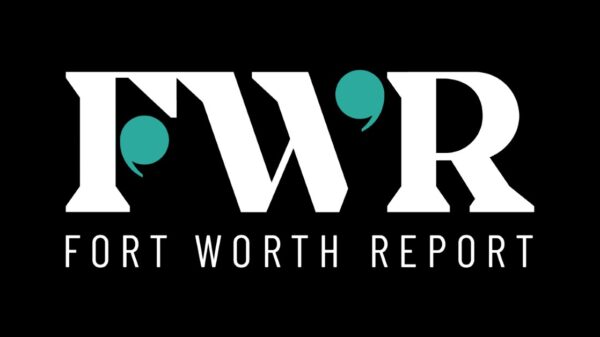The humanitarian crisis in Bangladesh is deepening as significant cuts to US aid are exacerbating food shortages among refugee children. In Cox’s Bazar, the world’s largest refugee camp, families are struggling to survive amid a reported 11% increase in acute malnutrition among children this year, according to UNICEF. The situation is dire for many, including **Fatima Begum**, who feeds her daughter **Sofiya** with a therapeutic food paste intended to combat severe malnutrition.
These essential food packets, which bear the logo of **USAID**, are among the dwindling supplies remaining in the camp. The Trump administration’s decision to cut US foreign aid by $8 billion annually has led to critical shortages in international assistance, leaving millions in peril. Begum, an ethnic **Rohingya** Muslim who fled Myanmar in 2017, expressed her gratitude for the limited aid she receives, stating, “Before, they gave more food, but now they don’t.”
The cuts have profound implications, especially in a region already grappling with a refugee population exceeding **1.2 million**. Sofiya currently receives two and a half portions of ready-to-use therapeutic food packets daily, each providing 500 calories. Due to resource scarcity, UNICEF has reduced the number of packets distributed to each child in the camps, a decision that risks further deterioration of health among the most vulnerable.
António Guterres, United Nations Secretary-General, described Cox’s Bazar as “ground zero” for the impact of US aid cuts during a visit in March 2023, warning that “people will suffer and even people will die.” Meanwhile, US Secretary of State **Marco Rubio** has defended these funding reductions, asserting they are necessary to cut bureaucracy and prioritize national interests. Yet, a study published in **The Lancet** predicts that these cuts could result in 14 million deaths over the next five years.
In response to the crisis, the US State Department announced an additional $60 million in humanitarian assistance for Rohingya refugees in September 2023, which includes emergency food support. They framed this as an effort to enhance the effectiveness and strategic impact of foreign aid while remaining accountable to US taxpayers.
The situation on the ground remains critical. Children in Cox’s Bazar are experiencing the severe consequences of these budget cuts, with reports indicating high levels of chronic malnutrition at around 41%. As **Deepika Sharma**, Chief of Nutrition and Child Development in Bangladesh for UNICEF, noted, “More and more children are being detected with the severest form of malnutrition, and they are at risk of mortality because of that.”
With aid from the US diminished, other countries such as the UK and France are also reducing their contributions, forcing aid agencies to make tough decisions. Nearly 5,000 job losses at the UN refugee agency, UNHCR, have occurred as organizations try to maintain essential operations. Critical services including medical care and food supplies are being affected, leading to fears of a funding cliff in 2026.
The **World Food Programme** reported a funding gap of $126 million for the next year, while food rations remain limited to just **$12 USD** per person per month. Julie Bishop, the special envoy of the UN Secretary-General on Myanmar, emphasized that the needs of the Rohingya in Bangladesh are outpacing available resources at an alarming rate. “Without new contributions, food assistance for the entire Rohingya community will come to a complete halt in two months,” she said.
In addition to the challenges faced in Cox’s Bazar, the humanitarian needs within Myanmar are similarly dire. Refugees arriving from Rakhine State are often malnourished, having escaped violence and starvation tactics employed during ongoing conflicts. **Hla Tin**, a Rohingya living in a Sittwe camp, lamented the lack of aid, stating that over 300 families in his camp are not eating regular meals.
Back in Cox’s Bazar, tragedy has struck families like that of **Mariam Khatun**, who lost her seven-year-old daughter, Estafa, due to inadequate medical care. Khatun recalled the difficulty of accessing treatment, saying, “My child suffered and died in pain.” Despite assurances from medical staff that there was no link between her daughter’s death and funding cuts, the loss highlights the precariousness of life for refugees reliant on dwindling aid.
As conditions worsen, the call for international support grows louder. Khatun expressed her desperation, saying, “We want their help again.” With the humanitarian crisis escalating, the need for renewed commitment from the international community is more urgent than ever. Without immediate action, many vulnerable people in the region face an uncertain and perilous future.






































































